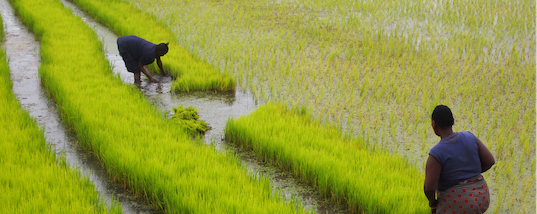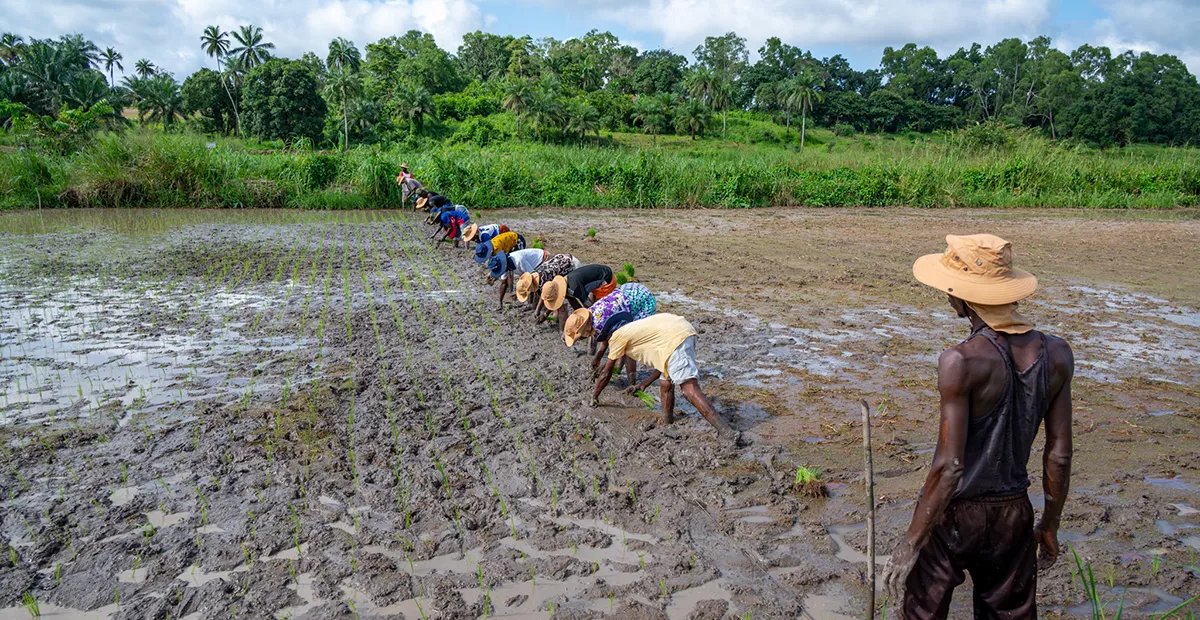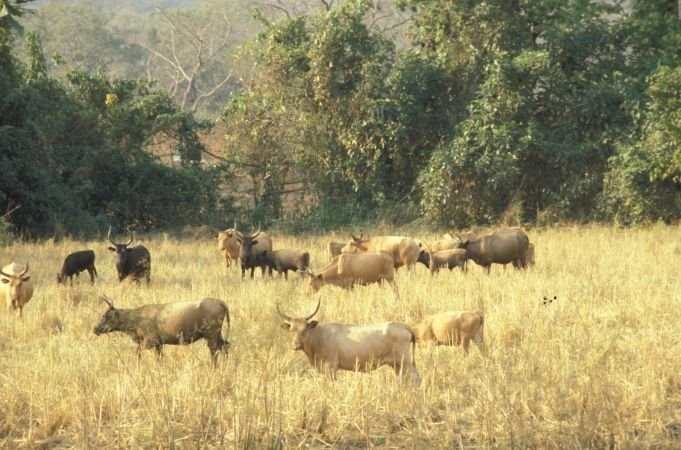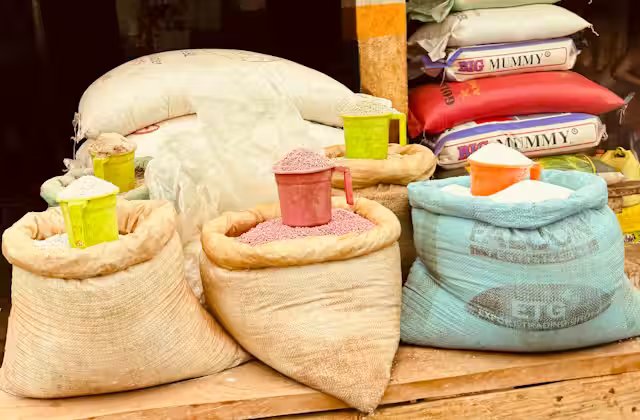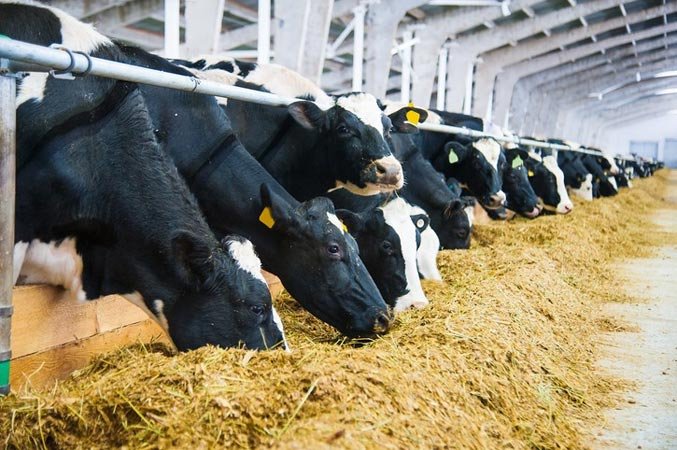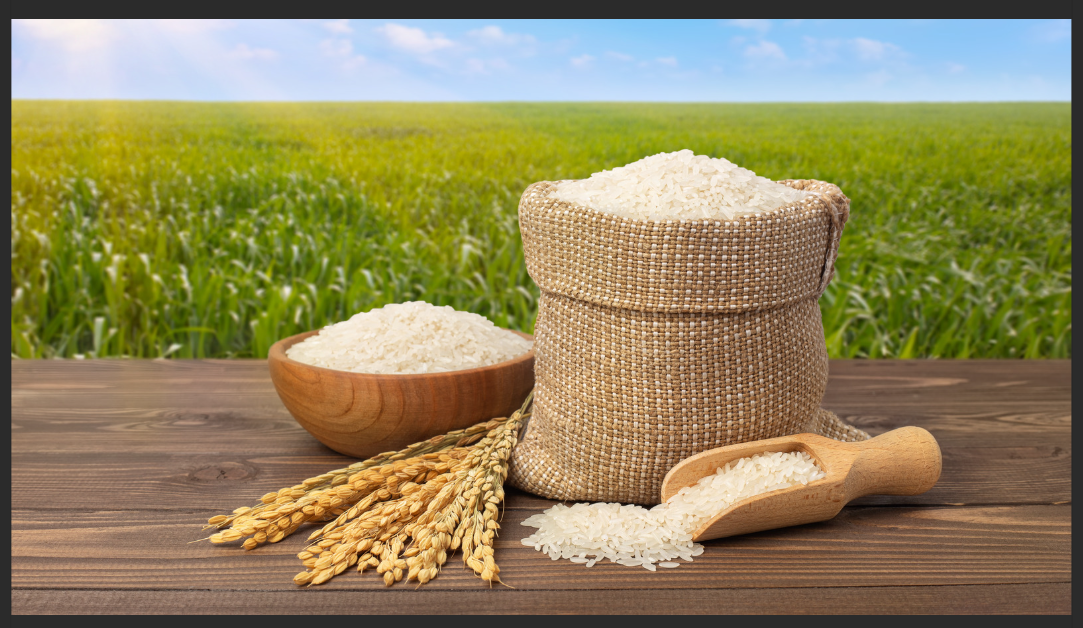Onion Imports Slows 40%
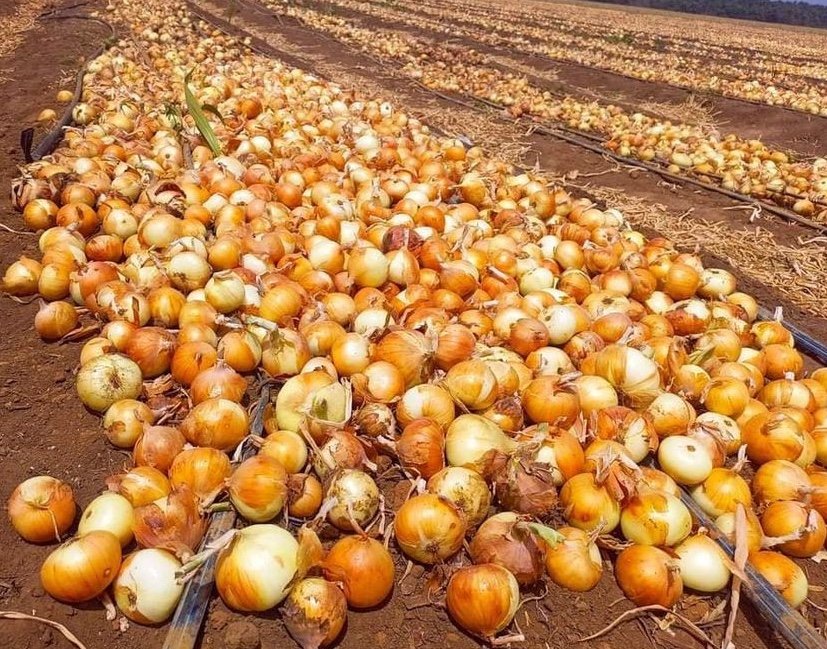 Onion Plantation
Onion Plantation
Onion imports in Sierra Leone slowed 40% representing a saving of 4 million US dollars in the 2023 year. Total onion imports decreased from US$10.7 million in 2022 to US$6.7 million in 2023.
Minister of Agriculture, Henry Musa Kpaka disclosed this recently while answering questions in an interview with the AYV Television in Freetown. According to him the decrease was over the amount of onion imported in the 2022 year. Mr Kpaka speaking on the “Feed Salone” initiative attributed the development to what he termed the ‘vital progress in the country’s economy, food prices, and local farmers production, pioneered by the Ministry of Agriculture and Food security (MAFS)’.
Onions is a staple ingredient in Sierra Leonean cuisine. It constitutes an essential component of the country’s food security and agricultural viability programme. Analytic trends from Food and Agriculture Organisation (FAO) data indicate that in 2020, US$9.44 million was spent to import 27,053 MT of dry onions, making it one of the country's largest horticultural import. The minister announced that the government is making concerted efforts to reduce food importation.
“There has been a concerted effort by the government and local agricultural groups to boost domestic onion production. Initiatives aimed at improving agricultural practices and providing farmers with better access to seeds and training have begun to bear fruit, leading to increased local yields”.
International onion prices fluctuated significantly during 2023, with global supply chains experiencing disruptions due to climatic factors in major exporting countries. Such volatility made the importation of onions riskier and less economically viable for local importers. As the price of imported onions spiked, consumers and businesses begin to substitute onions with alternative ingredients. This behavioural change has spurred local farmers to diversify their crops, providing a temporary cushion against potential losses from reduced imports.
Domestic prices and supply chain dynamics decline in onion imports can lead to a complex interplay of benefits and challenges within economy. With a decrease in imports, local producers benefit from the decrease in competitive pressure from foreign markets. If local production continues to rise, this could lead to more stable prices for onions, benefiting consumers in the long run.
The transition to reliance on local production can initially lead to supply chain challenges. Local producers may not yet be equipped to meet the entire national demand for onions, and this could cause temporary shortages, impacting prices negatively in the short run. In encouragement of agricultural investment, government’s focus on improving local agricultural output is likely to attract more investment into the sector. With successful production initiatives, investors may be encouraged to fund agricultural technology and training programs that support local farmers, driving long-term benefits for the economy.
Increased investment in agriculture result in job creation, which is crucial for the country’s youth unemployment pressing issue, more jobs in agriculture will also help reduce rural-urban migration. Greater self-sufficiency in staple crops like onions reduces exposure to international market volatility, thus enhancing food security for Sierra Leone’s population. With a focus on local production, there is potential for rural development, as increased agricultural output can lead to improved infrastructure in rural areas, supporting local economies and reducing poverty rates.
10/11/2024

